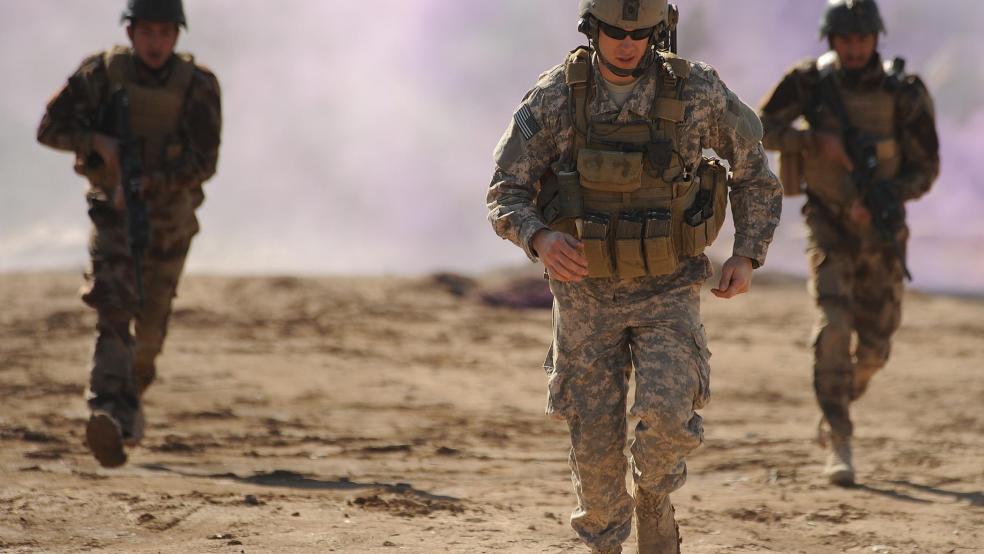President Obama’s decision to send Special Operations soldiers to Iraq represents a stunning turnabout that security experts say could put the United States on a slippery slope in Iraq’s fight against ISIS (the Islamic State of Syria and Iraq).
In a speech yesterday, Obama said that the 300 troops being sent to Baghdad would not engage in combat and would serve only as advisers.
Related: Iraq Could Become a Three-Headed Monster
“We do not have the ability to simply solve this problem by sending in tens of thousands of troops and committing the kinds of blood and treasure that has already been expended in Iraq," Obama said in the White House briefing room. "Ultimately, this is something that is going to have to be solved by Iraqis."
The president said the decision was necessary because of how quickly the situation in Iraq, a country that American troops left in 2011 after nearly a decade of costly fighting, was deteriorating so rapidly.
Obama said, “the state of Iraq hangs in the balance" and cautioned that "there's not going to be a simple military solution."
Obama’s change of heart comes just days after he said that no American troops would get involved in Iraq. Speaking on CNN after the announcement, military analyst Rick Francona warned that this could be the start of deeper involvement in Iraq.
Related: How the Collapse of Iraq Would Affect America
“This is the first step. This is how you get drawn into these situations," he said.
The United States has dispatched similar teams around the world and they had been unable to affect outcomes. For years, Special Operations have been in central Africa helping in the search for Joseph Kony, an aging warlord who leads the Lord’s Resistance Army, a once ruthless band of Christian militants whose strength has waned in recent years. Kony remains a fugitive.
American advisers are also in Nigeria where Islamic militants in Boko Haram recently kidnapped more than 200 schoolgirls in the country’s north. The girls have yet to be found, and Boko Haram continues to terrorize Nigeria.
Related: U.S. Watches As Iraq Speeds Toward Disaster
Americans are also advising in the fight against al Shabaab in Kenya and Somalia. However, the information they provided has done little to stop the group; earlier this week, al Shabaab gunmen slaughtered at least 48 people along Kenya’s coast.
Whether America will be able to provide assistance to the Iraqi government and military could be a futile task. Events in recent weeks have shown the military to be unwilling to fight and Prime Minister Nouri al-Maliki unwilling to compromise.
““He is trickling in a deeper US military commitment with no agreement on the Iraqi side that sectarian political games will end, in exchange,” Gordon Adams, a professor at American University of an expert on defense, said. “U.S. advisors will not be able to quickly turn around an Iraqi military that has folded like a cheap suit.”
That’s why Sen. Diane Feinstein said that without a change in leadership, ISIS might be impossible to stop. She said, “I think that most of us that have followed this are really convinced that the Maliki government, candidly, has got to go if you want any reconciliation."
Top Reads from The Fiscal Times





